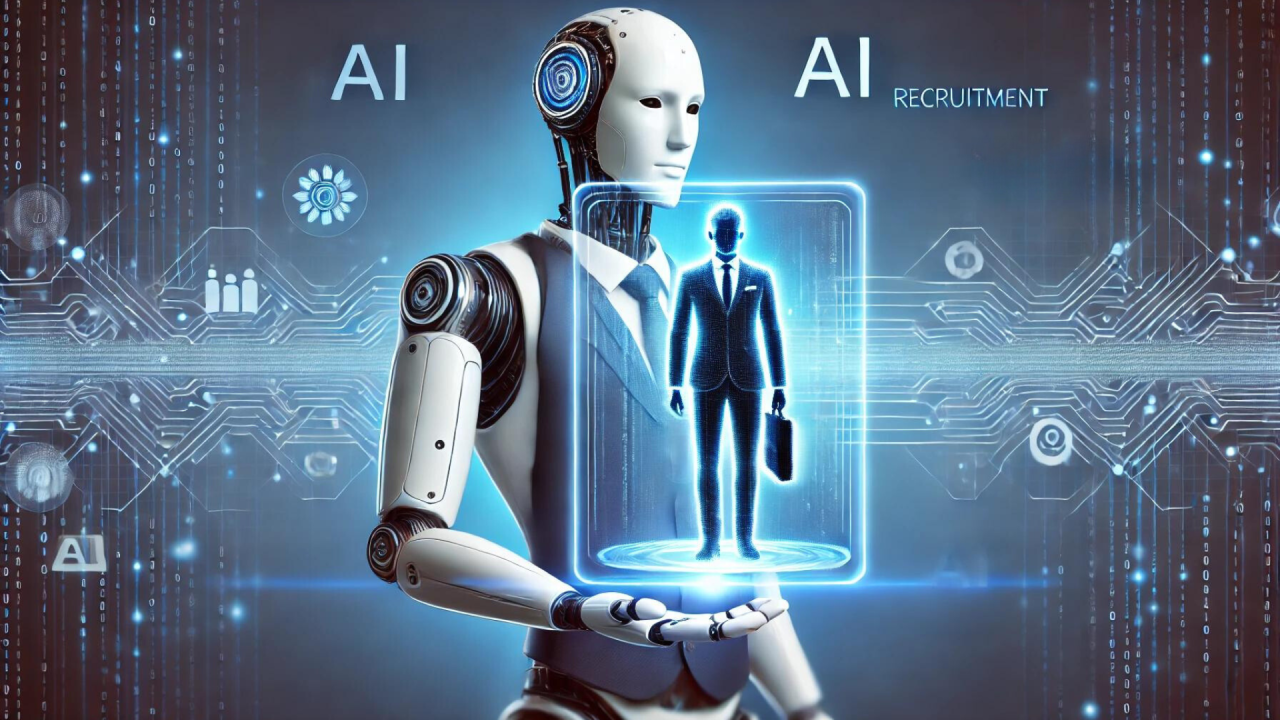Artificial Intelligence (AI) has quickly become a transformative force across various industries, and recruitment is no exception. From automating mundane tasks to providing deeper insights into candidate data, AI is revolutionizing the way companies hire talent.
However, as with any emerging technology, AI in recruitment comes with both advantages and potential pitfalls. So, is AI a friend or foe in modern recruitment? Let’s explore how AI is reshaping the hiring process and its implications for recruiters, candidates, and businesses.
The Positive Impact of AI in Recruitment
One of the most significant benefits of AI in recruitment is its ability to automate repetitive, time-consuming tasks, allowing recruiters to focus on higher-value activities. Screening resumes, scheduling interviews, and sending follow-up emails are just a few tasks that AI-powered tools can handle efficiently.
AI-driven systems can scan hundreds or even thousands of resumes in seconds, identifying keywords, qualifications, and experience that align with the job description, saving recruiters countless hours.
For example, AI tools can also help with initial candidate assessments through chatbots or pre-screening questionnaires, ensuring that only the most qualified candidates move on to the next stage of the process. By automating these tasks, AI allows recruitment teams to process more candidates in less time, increasing efficiency.
Enhanced Candidate Matching with Predictive Analytics
AI in recruitment can also help improve the quality of candidate matching. Through predictive analytics, AI systems can analyze vast amounts of data, including resumes, social media profiles, and previous hiring patterns, to identify the best-fit candidates for a specific role.

AI can evaluate candidates not just on skills and experience but on various other factors such as cultural fit, team compatibility, and long-term potential.
This predictive capability means that hiring decisions can be more data-driven, reducing the reliance on gut instinct or human biases. For recruiters and hiring managers, AI’s ability to recommend the right candidates based on data can make the hiring process more objective and accurate.
Reducing Bias in Hiring
AI has the potential to reduce bias in recruitment, provided it is programmed and monitored correctly. Traditional recruitment processes can inadvertently favor certain candidates based on unconscious bias related to gender, age, race, or educational background.
By leveraging AI, companies can neutralize these biases in initial candidate screening and hiring decisions.
AI tools are being designed to analyze resumes without focusing on demographic information like gender or age, ensuring that the evaluation process is based purely on qualifications and skills. When used correctly, AI can support diversity and inclusion efforts by ensuring a level playing field for all candidates.
Potential Challenges of AI in Recruitment
While AI is efficient at processing large volumes of data, it lacks the human elements that are crucial for evaluating certain aspects of a candidate’s fit. For example, emotional intelligence, creativity, and interpersonal skills are difficult for AI to assess accurately.
These qualities are essential in many roles and are better judged through human interaction during interviews or team-based exercises.
An over-reliance on AI to determine the best candidates could lead to a narrow, purely data-driven approach to recruitment, where nuanced qualities are overlooked. AI may be excellent at identifying hard skills and qualifications but may miss the more subjective elements that make a candidate truly exceptional for a particular role.
Risk of Reinforcing Existing Biases
While AI has the potential to reduce bias, it also carries the risk of perpetuating existing biases if not carefully monitored. AI systems are only as good as the data they are trained on. If an AI tool is trained on historical hiring data that is biased—whether due to gender, race, or other factors—there is a risk that the AI will inadvertently replicate these biases in its recommendations.
For example, if a company historically hired mostly male candidates for a particular role, an AI system trained on this data may be more likely to recommend male candidates, even if it doesn’t consciously factor in gender.
This “learned bias” can undermine the benefits of AI in creating a fairer recruitment process. It is therefore critical that companies monitor and adjust AI systems regularly to ensure they don’t unintentionally reinforce these biases.
Lack of Transparency in Decision-Making
Another challenge with AI in recruitment is the potential lack of transparency in how AI systems make decisions. Many AI tools operate as “black boxes,” meaning they process data and provide recommendations without clear insight into how those recommendations are made.
This lack of transparency can raise concerns among candidates who may wonder why they were rejected for a role or how certain decisions were made about their suitability.

For employers, this lack of transparency could also lead to issues with accountability and fairness. In a situation where a candidate is rejected based on an AI decision, it may be difficult to provide clear explanations to the candidate or address concerns about bias or fairness in the process.
Best Practices for Implementing AI in Recruitment
To ensure that AI serves as a friend, rather than a foe, in modern recruitment, businesses need to implement best practices that maximize its benefits while minimizing its potential drawbacks.
Continuous Monitoring and Improvement
AI systems must be regularly monitored and adjusted to ensure that they are working as intended. Recruitment teams should assess the effectiveness of AI-driven tools, review their recommendations, and address any biases that may arise.
By continuously refining AI models based on new data and feedback, companies can ensure that the systems are evolving and improving over time.
Human-AI Collaboration
Rather than viewing AI as a replacement for human recruiters, it should be seen as a powerful tool that enhances their capabilities. The best results come when AI handles repetitive, administrative tasks, freeing up human recruiters to focus on building relationships with candidates, evaluating soft skills, and assessing cultural fit.
Human recruiters should continue to be involved in critical stages of the hiring process, such as interviewing and final decision-making, where human judgment and empathy are essential. AI can complement the recruiter’s role but should not replace it entirely.
Transparency and Candidate Engagement
To address concerns about transparency and fairness, it’s crucial for employers to be open about their use of AI in the recruitment process. Candidates should be informed that AI is being used for screening and evaluation, and companies should be prepared to explain how AI-driven decisions are made.
Companies can also enhance the candidate experience by allowing applicants to engage with AI-powered chatbots or interfaces that provide immediate feedback, answer questions, and explain the next steps in the process. Keeping candidates informed throughout their journey helps build trust and improves their perception of the recruitment process.
At Panklays, we understand the evolving role of AI in recruitment and are committed to using technology to streamline processes while maintaining the human touch. Contact us today to learn more about how we can help you harness AI to improve your recruitment strategy.

